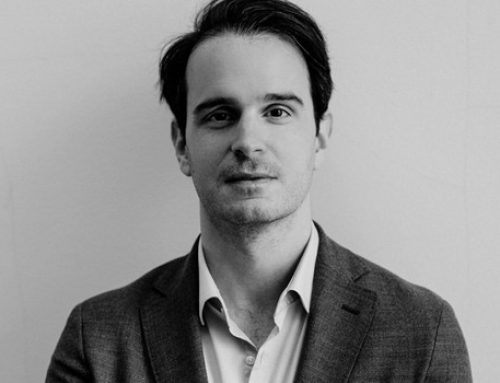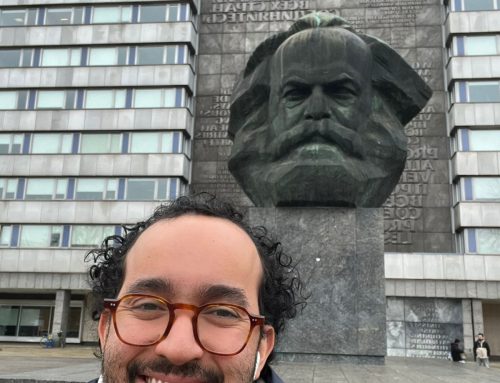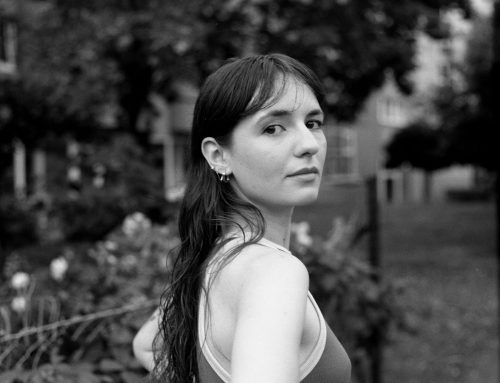Cres Summer School: “Next Generation Europe”
Cres, 17 – 22 September 2023
The future of Europe: EU enlargement and neighbourhood strategy in search for new political answers”
The debate on the EU’s future has to involve a simultaneous discussion about enlargement, neighbourhood and reform. Russia’s war in Ukraine has fundamentally changed the context of EU enlargement policy as well as the functioning of the Union, recalling geopolitics. Russia’s exercise of neo-imperial control brings all governments – particularly the EU’s Eastern neighbourhood and Western Balkans – in a vulnerable position by calling into question basic principles of a rules-based international order and challenging essential EU values. It also affects the question of dependencies on geopolitical powers such as China, Russia, Turkey, and the West. The EU is at a crossroad. While putting considerable emphasis on conditionality, it will likely have to move away from an enlargement policy focusing overwhelmingly on incremental reform to one that is about the survival of independent, self-determined states. Meanwhile, Ukraine and Moldova joined the group of official EU candidate countries in June 2022, which also includes Montenegro, Serbia, Turkey, North Macedonia and Albania. Bosnia and Herzegovina applied for EU membership in 2016 and Georgia in 2022, but so far remain potential candidates. Visibly, the European Union – absorbed by other crises and the impact of the war – is struggling to respond.
For a long time, enlargement was considered one of the EU’s most successful foreign policy instruments. But today the EU’s enlargement and neighbourhood strategy require a major re-set and new political answers.
Aims of the “Cres Summer School”:
The aim is to support a new generation of young European experts, scholars, activists and engaged citizens in their work for a new Europe and new European togetherness. The interaction will provide – especially the young researchers and activists – with knowledge, experience and skills relevant for their professional futures and for the future of Europe. Researchers and activists, starting from those that participated in the first edition of the Summer School in Cres in September 2022, organised in the framework of the “WB2EU project”, will form a vibrant new network of enthusiastic young people and leaders able to meet political challenges, deepen the dialogue with decision-makers and thus to contribute to regaining a new European and democratic momentum.
The “Cres Summer School” will lead to
- an increased understanding of Europeanisation and democratic developments among young researchers and activists,
- new ties and networks between researchers, civic activists and politicians,
- new ways of influencing public debates through qualified and evidence basedand yet politically engaged activities.
Target group:
• Max. 20 young researchers, active young civic activists and engaged citizens
The participants (age max. 28 years) will be nominated by partner institutions (1 participant from each partner). Furthermore, decision-makers and stakeholders will be invited and engaged in dialogue with the young participants on the topic of Europeanisation and democratisation.
The organizing team, of the “CRES Summer School”, in charge of coordination, providing leadership, moderation and workshop guidance for the “Cres Summer School”, consists of Senior Research Associate at the Institute for Development and International Relations (IMRO), Senada Šelo Šabić, Secretary General of the Austrian Society for European Politics (ÖGfE), Paul Schmidt, Senior Researcher at the Austrian Institute for International Affairs (oiip), Co-Director of CAS SEE, Vedran Džihić, and Research Associate and Project Manager at ÖGfE, Susan Milford-Faber.
Cooperation partners: Center for Advanced Studies – South East Europe (CAS SEE), Friedrich-Ebert-Stiftung / Dialogue Southeast Europe, Embassy of France in Croatia, Embassy of Spain in Croatia, European Parliament / Liaison Office in Croatia
UNIRI The Moise Palace: Cres Island
An education center of the University of Rijeka. A five-hundred-year-old patrician townhouse and the largest Renaissance palace on the Croatian islands. A venue and forum for various scientific and research activities, it welcomes visiting academics, students and scholars.




